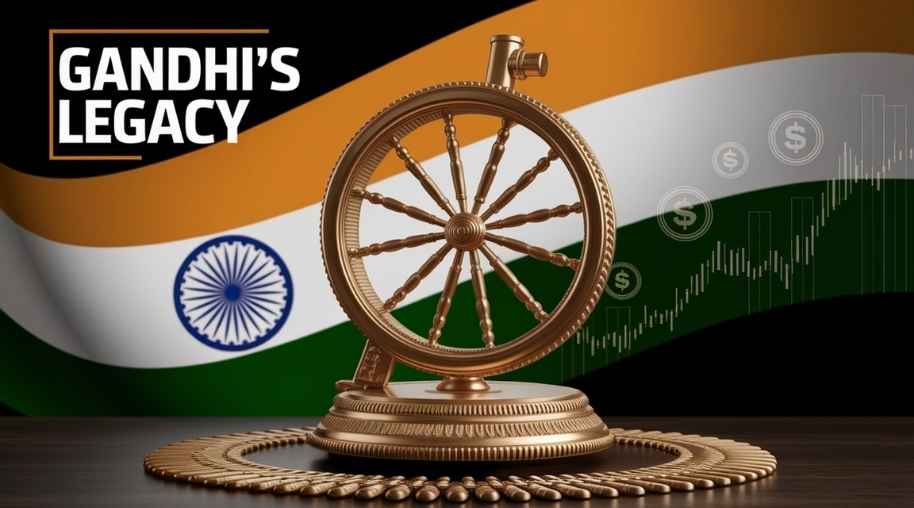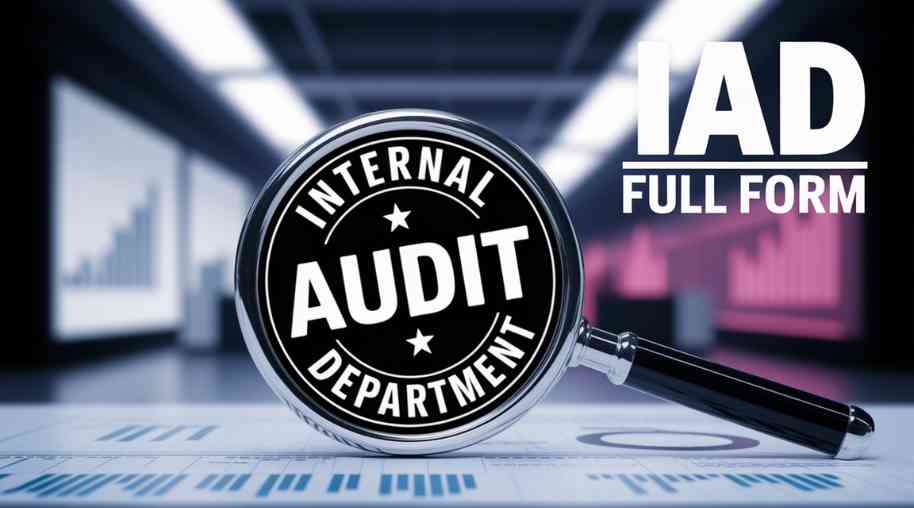WDM Full Form-Wholesale Debt Market
by Shashi Gaherwar
0 3149
Wholesale Debt Market: Powering Financial Liquidity
The Wholesale Debt Market (WDM) is a vital segment of the financial market where debt securities like bonds, debentures, and government securities are traded. Catering primarily to institutional investors, banks, mutual funds, and financial entities, it excludes individual retail investors.

The WDM ensures liquidity, price discovery, and efficient trading of debt instruments, playing a critical role in capital markets. This article explores its structure, benefits, participants, and key instruments.
Understanding the Wholesale Debt Market (WDM)
The Wholesale Debt Market is a platform for trading fixed-income securities in bulk, focusing on high-value transactions among financial institutions, unlike the retail bond market for smaller investors.
Key Features:
- High-Volume Trades: Involves large-scale trading of debt securities.
- Institutional Dominance: Primarily driven by institutional investors.
- Security Types: Includes government bonds, corporate bonds, debentures, and treasury bills.
- Market Efficiency: Enhances liquidity, price transparency, and capital allocation.
Types of Securities Traded in WDM
The WDM offers a range of fixed-income securities for diverse investment needs:
- Government Securities (G-Secs): Issued by central and state governments, considered low-risk. Examples include Treasury Bills (T-Bills) and Dated Government Bonds.
- Corporate Bonds: Issued by corporations for operations or expansion, offering higher returns with credit risk. Examples include Debentures and Non-Convertible Debentures (NCDs).
- State Development Loans (SDLs): Bonds issued by state governments for developmental projects, with slightly higher returns than central securities.
- Treasury Bills (T-Bills): Short-term, zero-coupon government securities with up to one-year maturity, sold at a discount.
- Commercial Papers (CPs) & Certificates of Deposit (CDs): Short-term instruments for corporate and financial institutions’ working capital needs.
Participants in the Wholesale Debt Market
The WDM involves major institutional players:
- Institutional Investors: Mutual funds, insurance companies, pension funds, and hedge funds invest for stable returns and portfolio diversification.
- Banks & Financial Institutions: Use WDM for liquidity management and to meet statutory liquidity ratio (SLR) requirements.
- Corporate Entities: Issue bonds for capital and invest in debt instruments for treasury management.
- Government & Regulatory Bodies: Central and state governments issue securities, while the RBI and SEBI regulate operations.
Advantages of the Wholesale Debt Market
The WDM offers significant benefits to financial markets:
- Enhanced Liquidity: Supports large-scale trading, ensuring a steady flow of capital.
- Price Discovery & Transparency: Enables fair valuation through market-driven demand and supply.
- Risk Diversification: Helps institutional investors reduce exposure to stock market volatility.
- Funding Opportunities: Allows corporations to raise capital at lower rates than bank loans for expansion projects.
- Financial Stability: Strengthens the bond market, supporting government borrowing and infrastructure development.
Challenges of the Wholesale Debt Market
Despite its strengths, the WDM faces challenges:
- Limited Retail Participation: Dominated by institutions, it’s inaccessible to retail investors due to high capital requirements.
- Interest Rate Fluctuations: Rising rates reduce bond prices, impacting investor returns.
- Credit Risk: Corporate bonds carry default risks, requiring careful credit rating assessments.
- Regulatory Compliance: Stringent RBI and SEBI regulations increase operational costs.
Future Trends in Wholesale Debt Market
The WDM is poised for advancements:
- Digitalization & Online Platforms: Electronic trading platforms enhance transparency and efficiency.
- Growth of Green Bonds: Rising demand for sustainable investments drives eco-friendly bond issuance.
- Market Integration: Stronger links with global bond markets attract foreign institutional investors (FIIs).
- Risk Management: AI-based analytics and stricter frameworks improve default risk assessment and fraud detection.
The Wholesale Debt Market (WDM) is a cornerstone of the financial ecosystem, enabling large-scale debt trading, ensuring liquidity, and fostering economic growth. With digitalization and regulatory enhancements, the WDM will become more transparent and efficient, while innovative instruments like green bonds will shape its future.
Further Learning Resources
If you’re passionate about building a successful blogging website, check out this helpful guide at Coding Tag – How to Start a Successful Blog. It offers practical steps and expert tips to kickstart your blogging journey!
For dedicated UPSC exam preparation, we highly recommend visiting www.iasmania.com. It offers well-structured resources, current affairs, and subject-wise notes tailored specifically for aspirants. Start your journey today!

Share:








Comments
Waiting for your comments